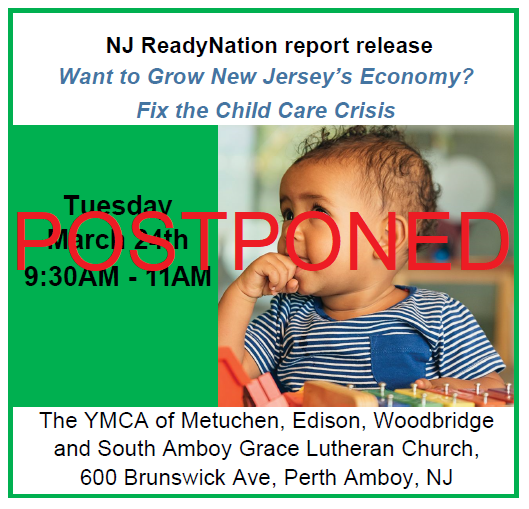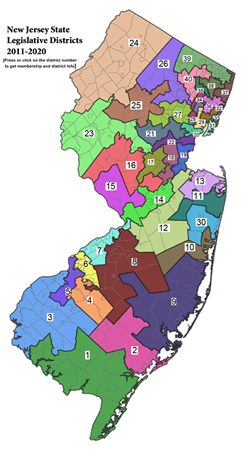Be a voice for your community...
For the past two years, ACNJ has teamed up with child care providers, families and advocates to bring babies and family from across the state to the State House in Trenton to push for change.
But this year, Strolling Thunder New Jersey is going to be a little different.
We are getting ready to make our way back to Trenton to remind legislators to Think Babies! This year, ACNJ is recruiting one family with a baby under 3 from each of our 40 legislative districts to voice their experiences to state representatives regarding child care, home visitation, paid family leave and social-emotional development and attend Strolling Thunder 2020 on June 11th.
No experience necessary. Training will be provided. Families will be compensated for their time and travel.
Read more about this exciting opportunity. Applications are due by Friday, March 27th, so apply today!
If you have any questions, contact Patricia Canning at pcanning@acnj.org.



